
My name is Scott Sumio Ichikawa. I am many things, but most importantly, I am someone who is always striving to learn more and continue evolving who I am as a human being. My whole life has revolved around transformation, transforming the landscape with my father, or transforming experiences and tangible objects as a designer.
My life and career have centered around weaving three key areas of growth and purpose; designing, teaching, and mentoring. I have taken on designer, design director, Associate Teaching Professor, and mentor roles throughout my career. To me, these are not discrete roles. They overlap and merge and define who I am and who I strive to become.
I believe that each of these areas weaves together to reinforce and strengthen each other. They help shape my decisions, the roles that I take on, and the teams/communities that I help create. Together they help me create a more thoughtful and meaningful relationship with the people I work with and my design craft.
former VP of Design at Artefact
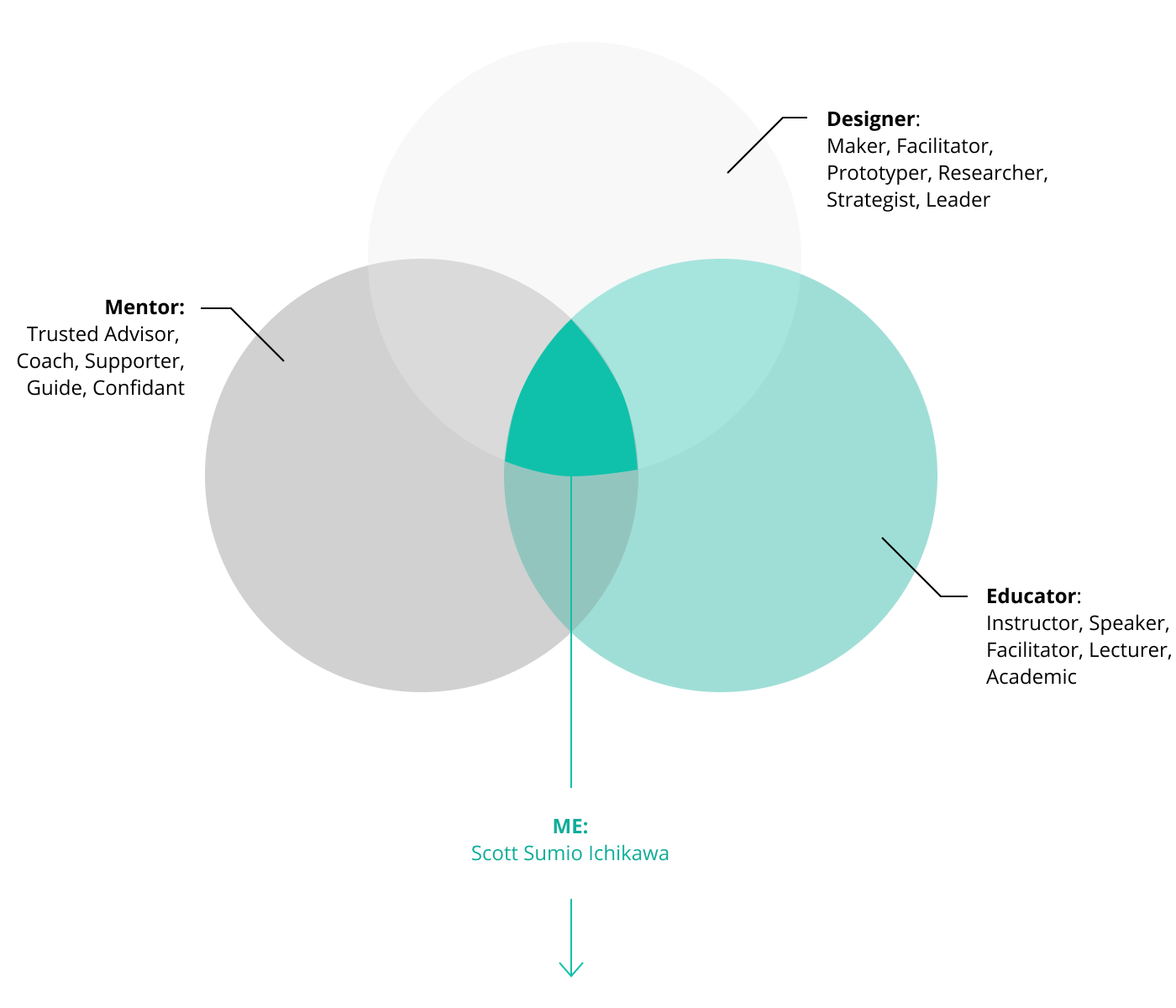

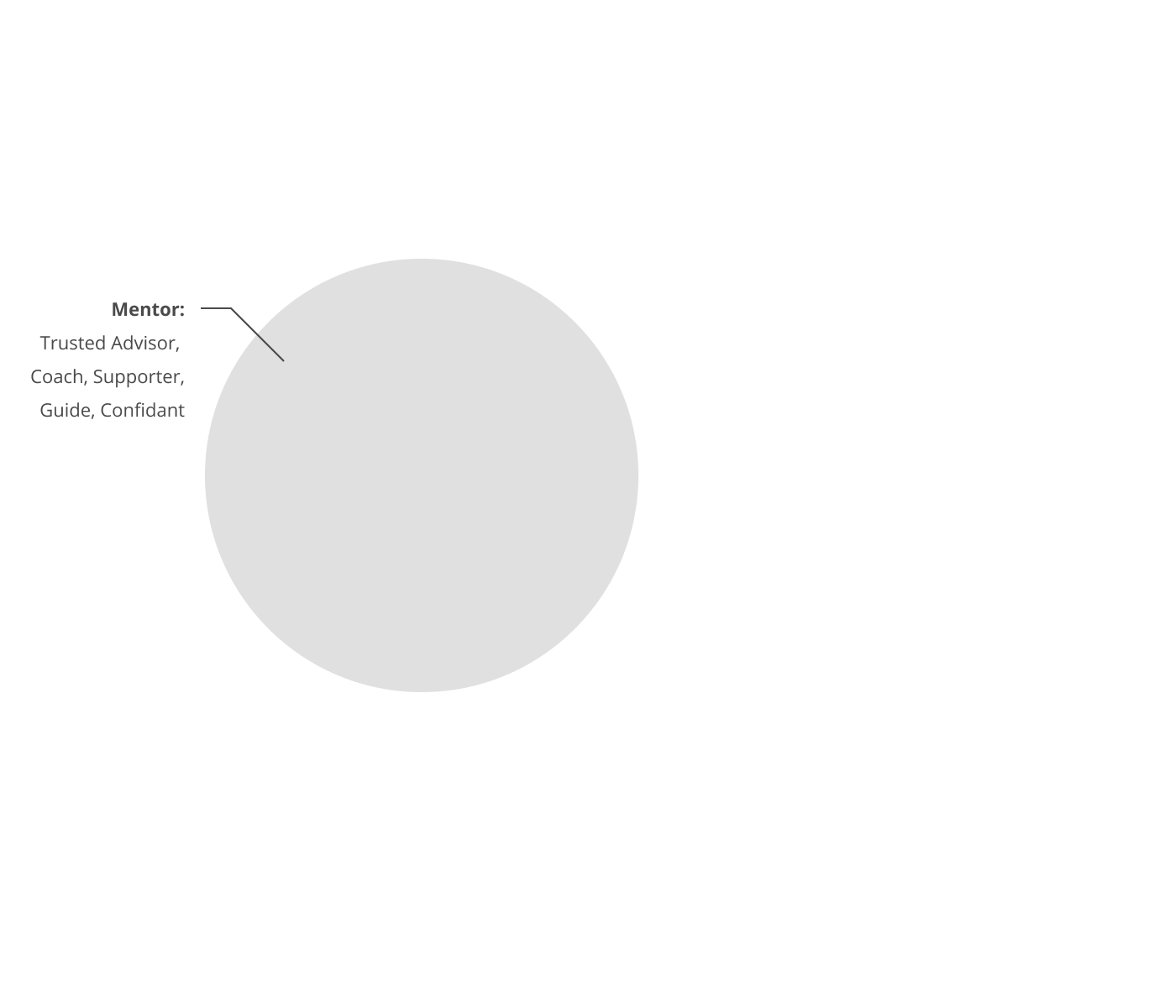
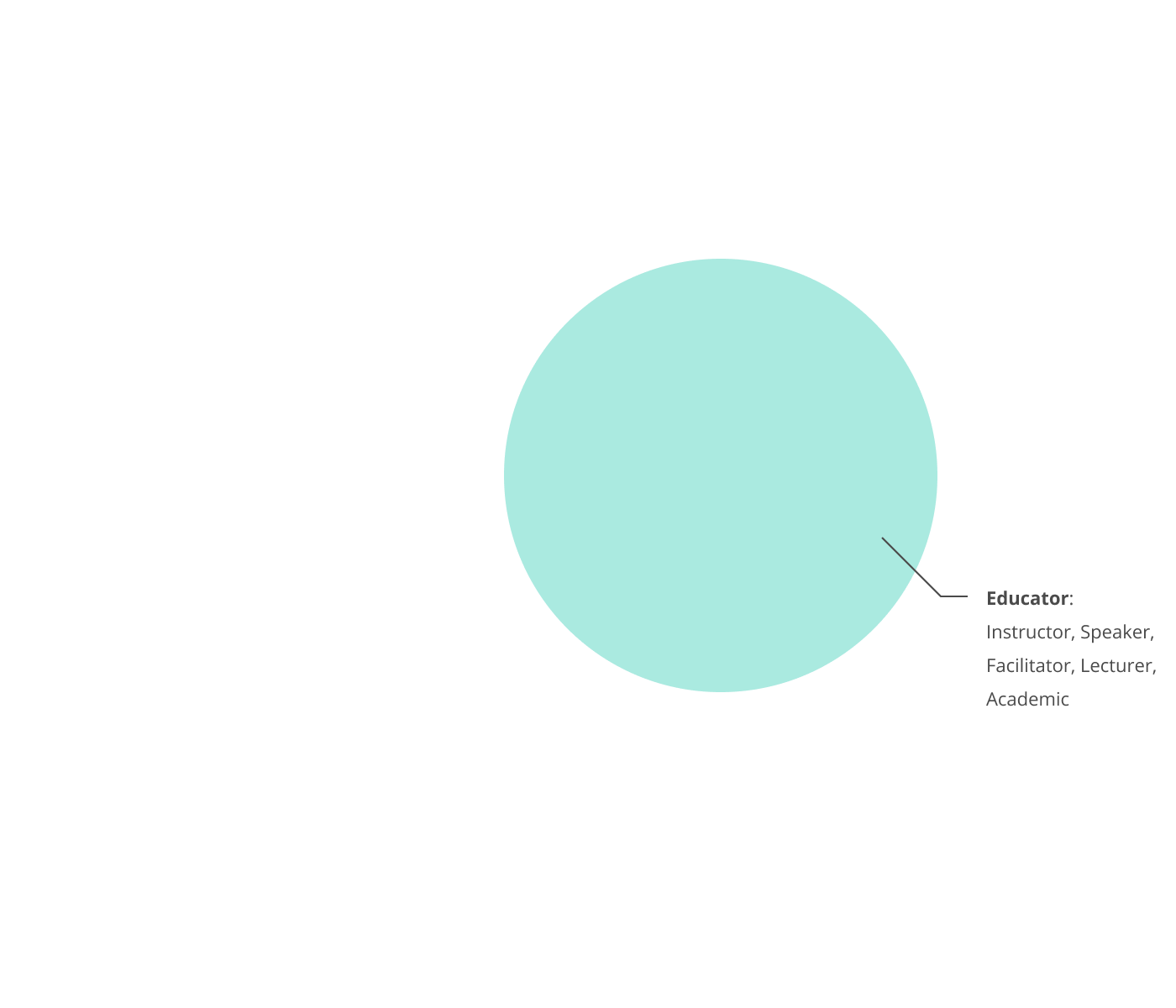
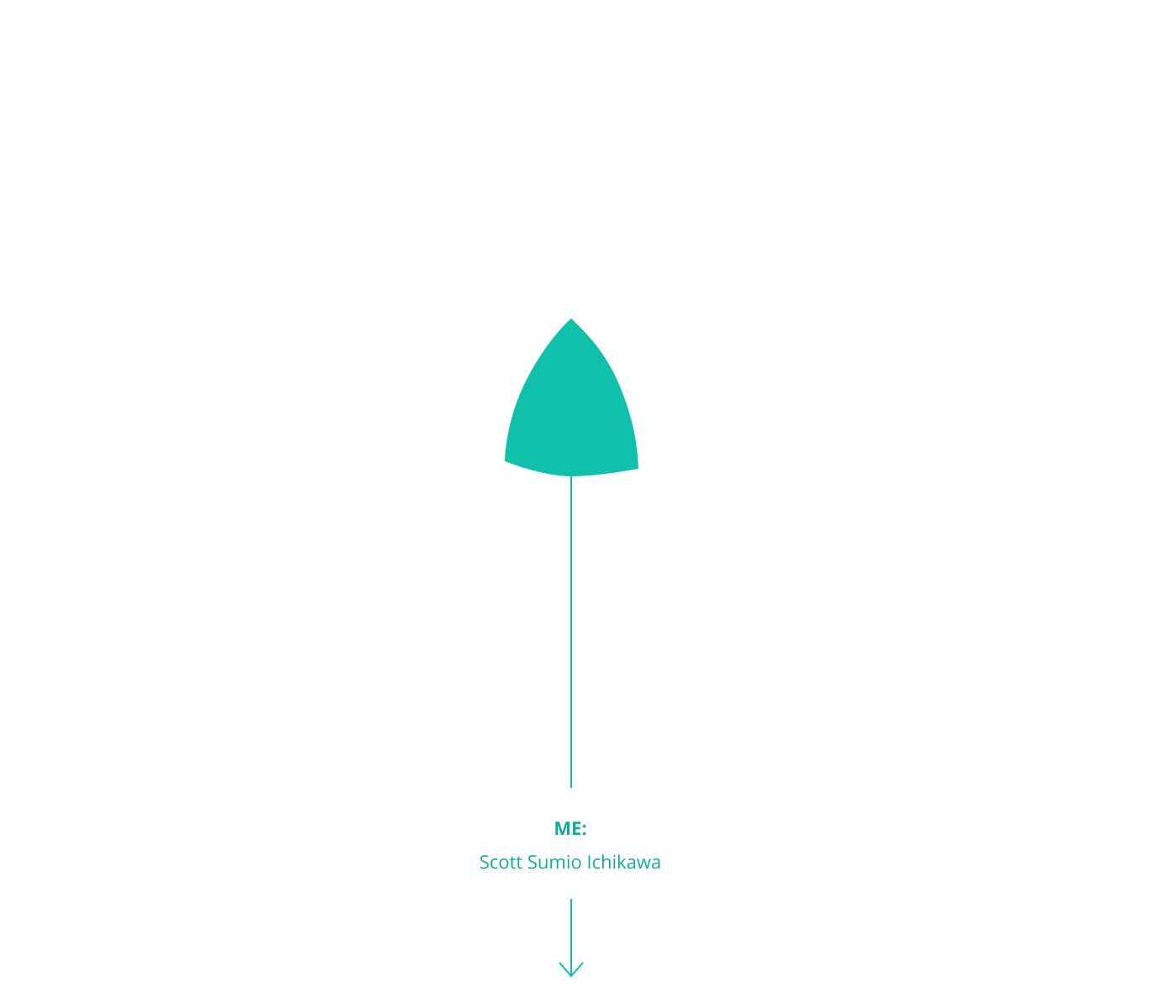
Learn more about me and connect on Linkedin.
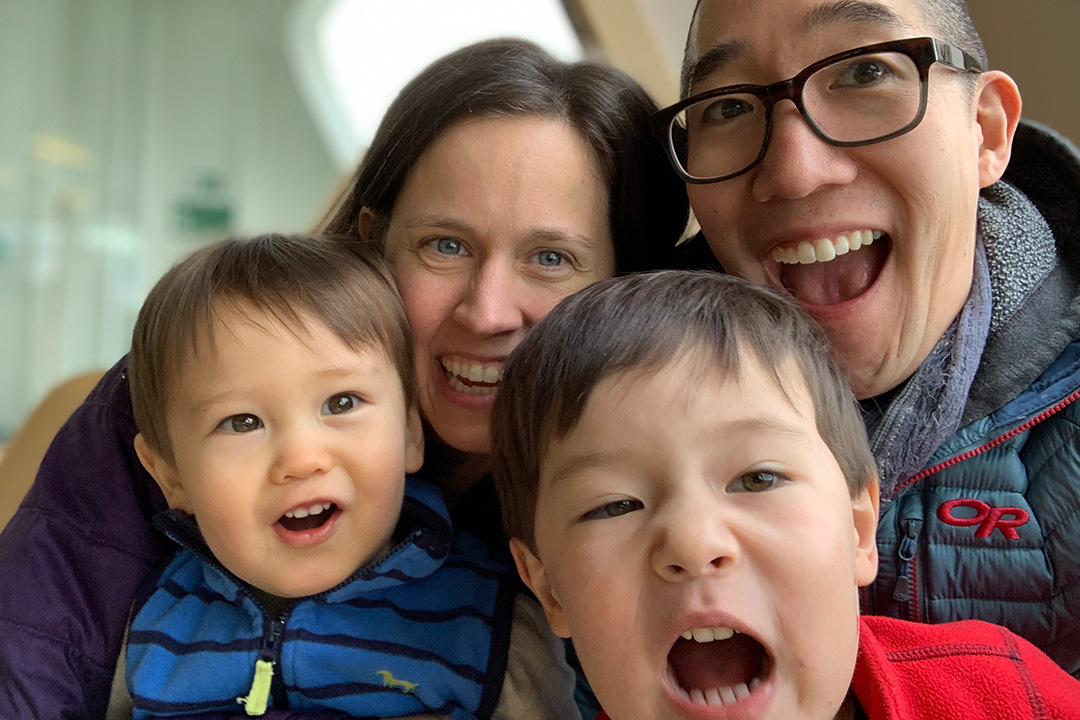
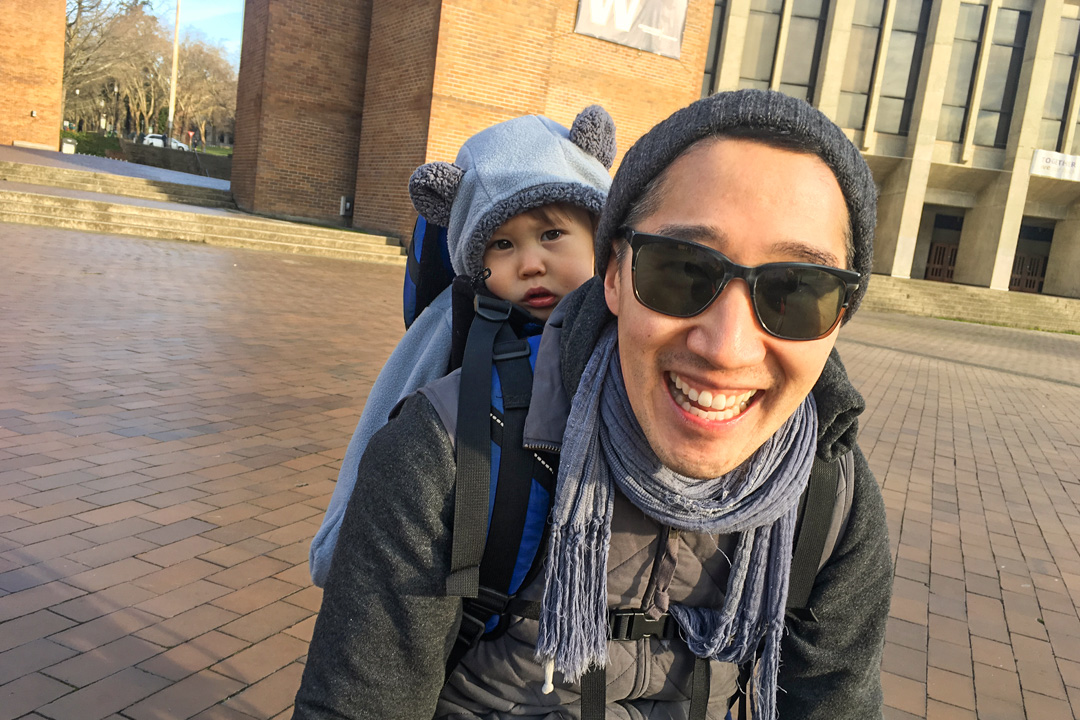
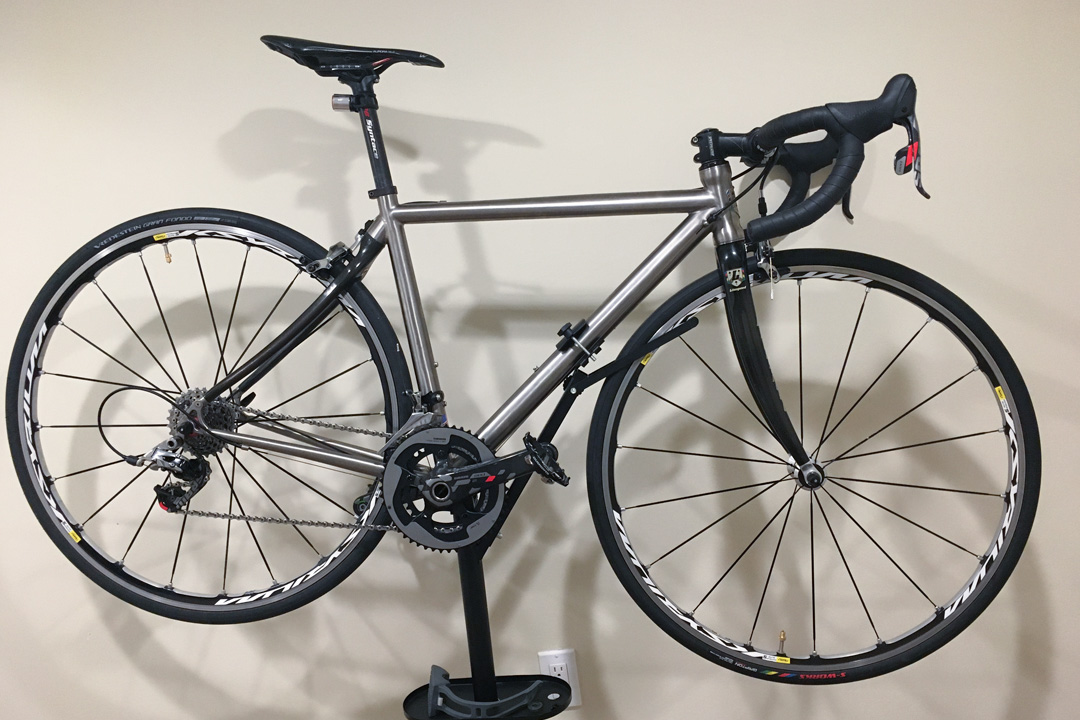

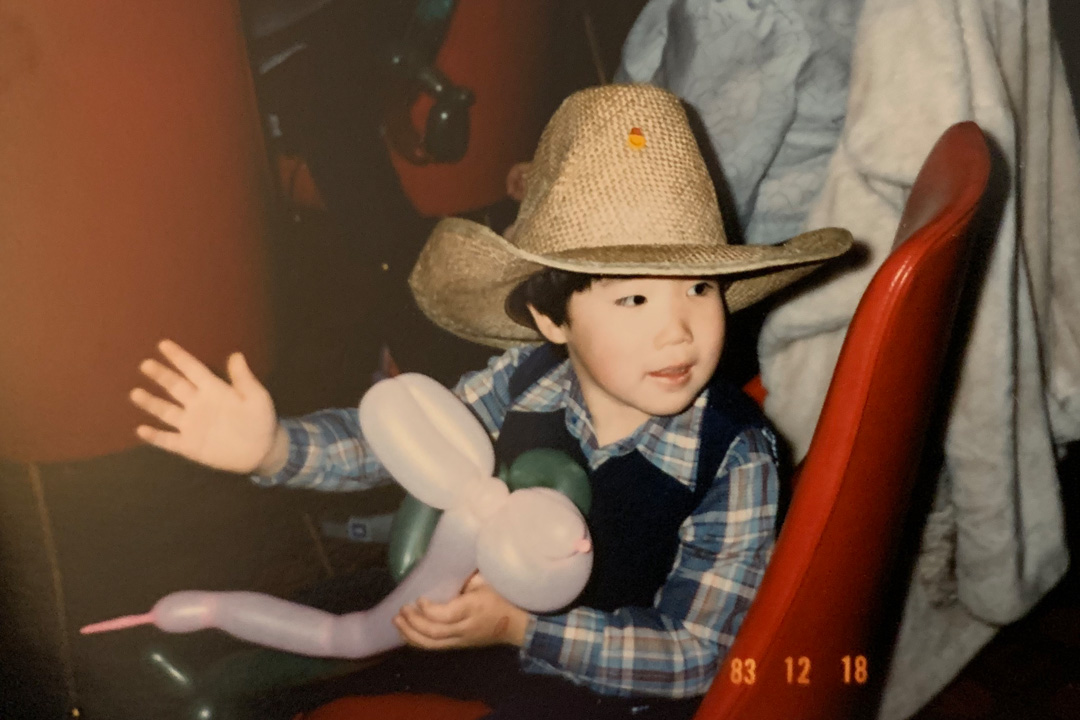
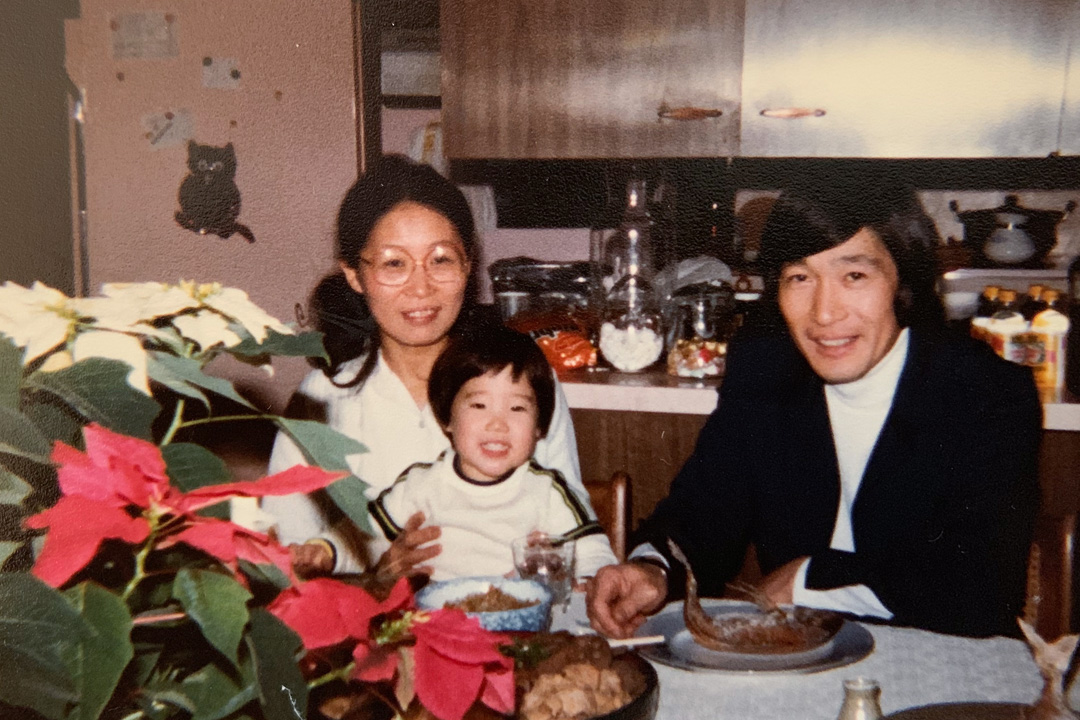
My natural curiosity and inquisitive nature have driven my dedication to education, both for myself and others. At the University of Washington, I teach a range of courses that focus on building the next generation of critical thinkers with the skills to plan and implement design research and UX design to tackle complex design challenges. I achieve this through both seminar and studio courses that teach applicable design and research methods. I challenge students to consider the needs and impact on humans, our diverse society, and our interconnected planet.
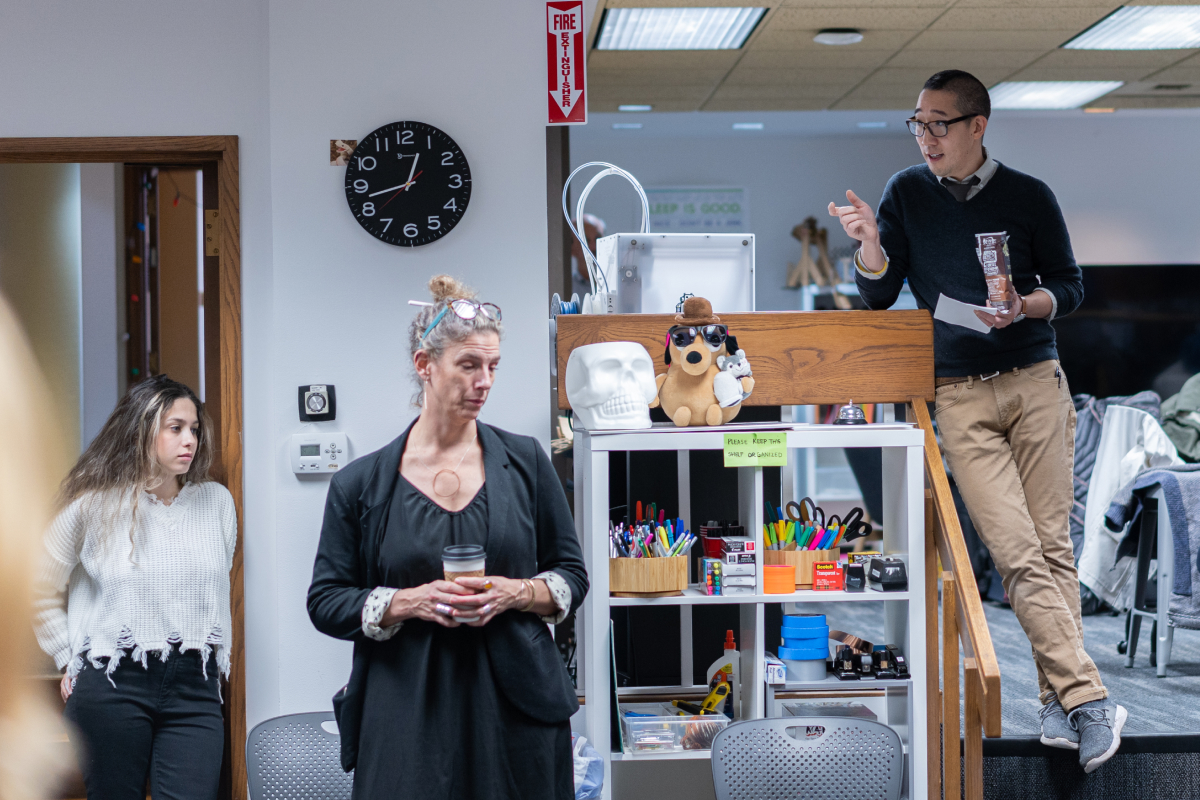
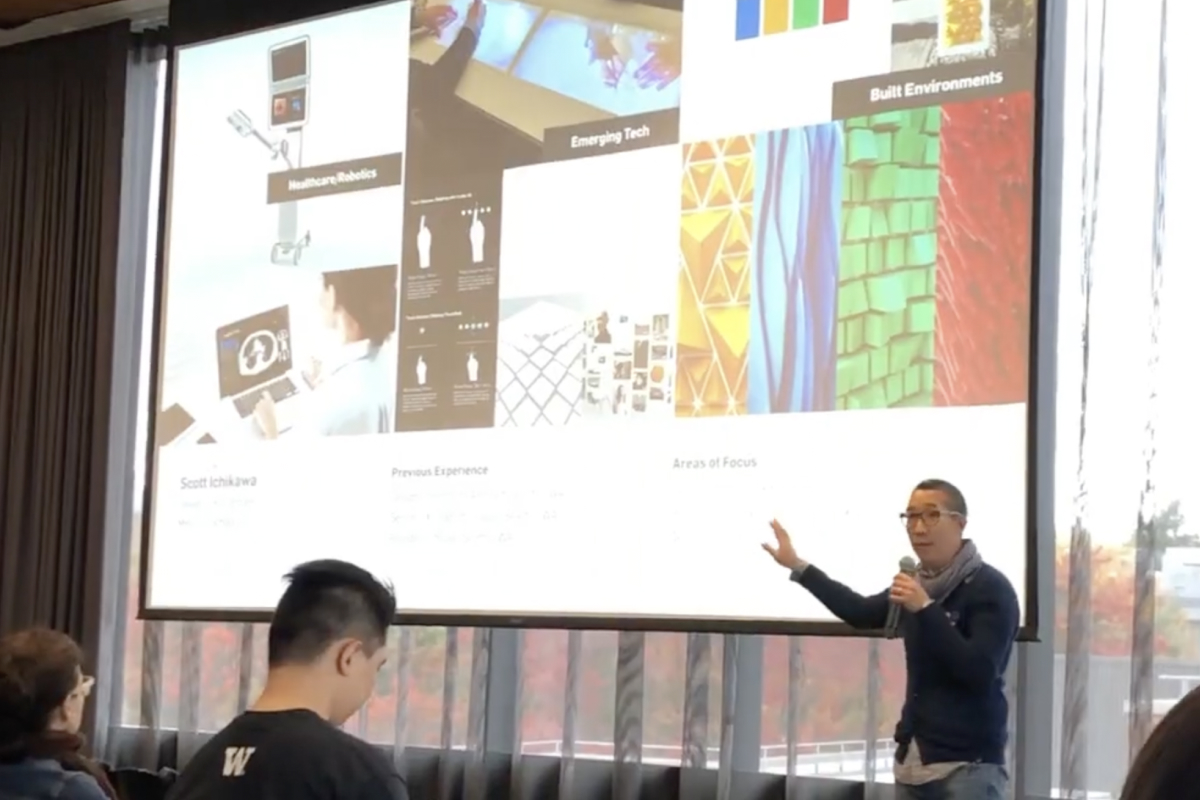
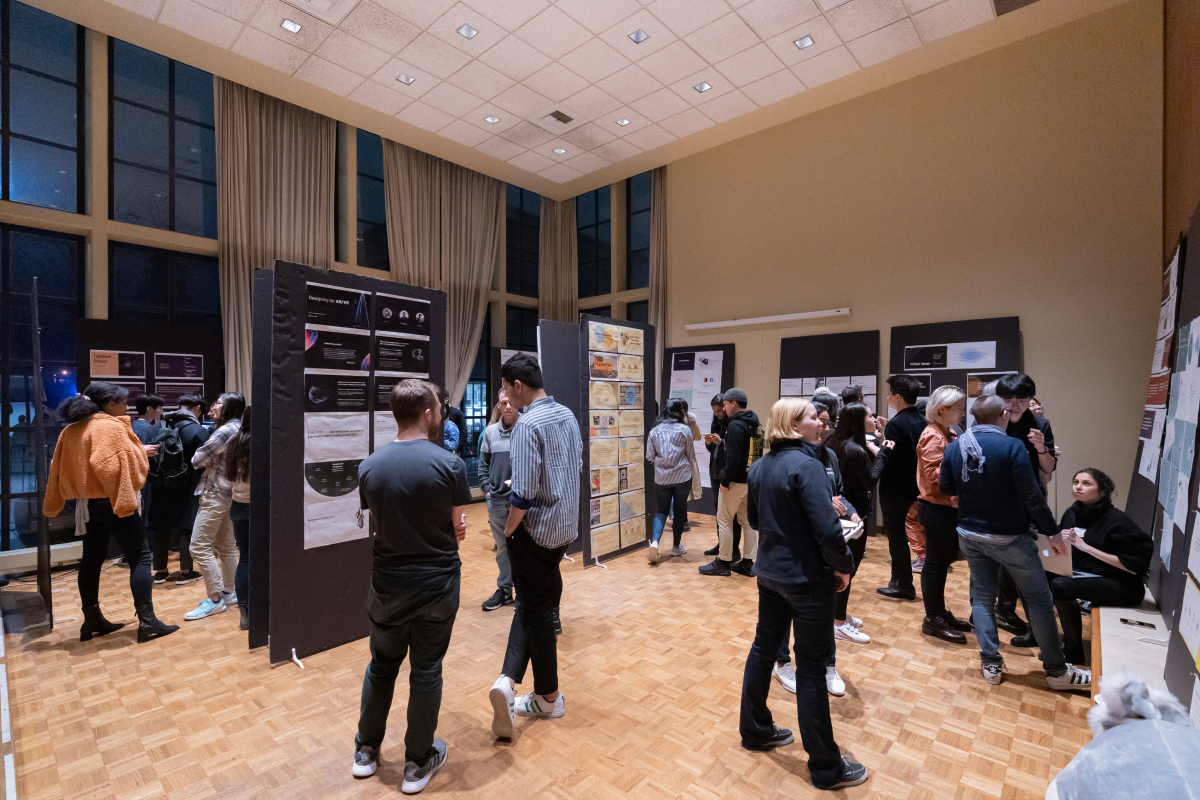
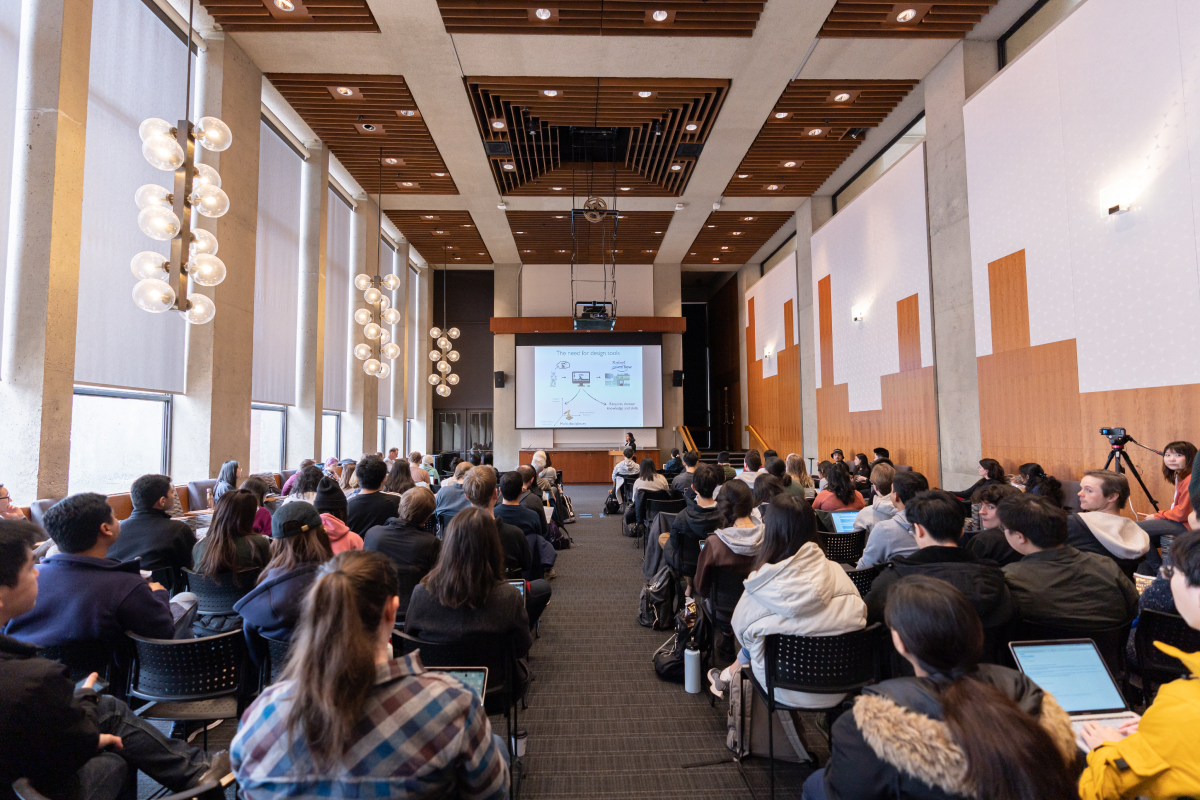
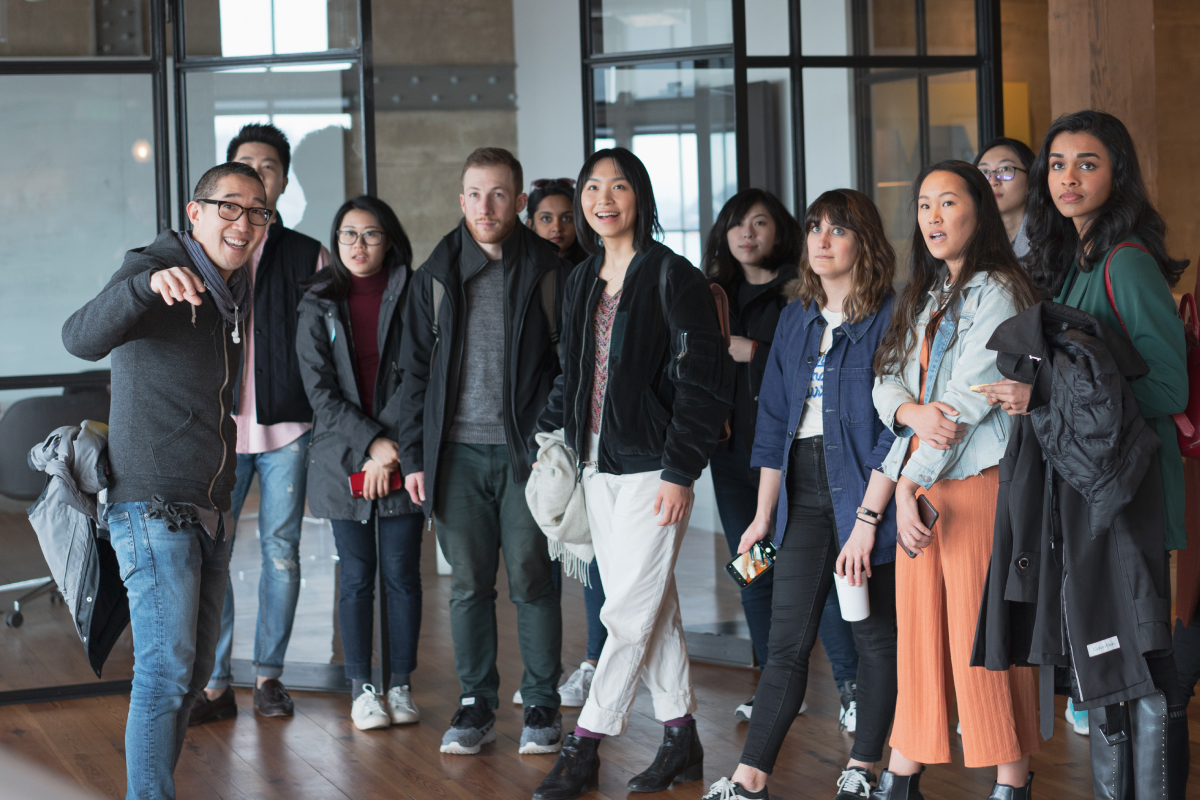
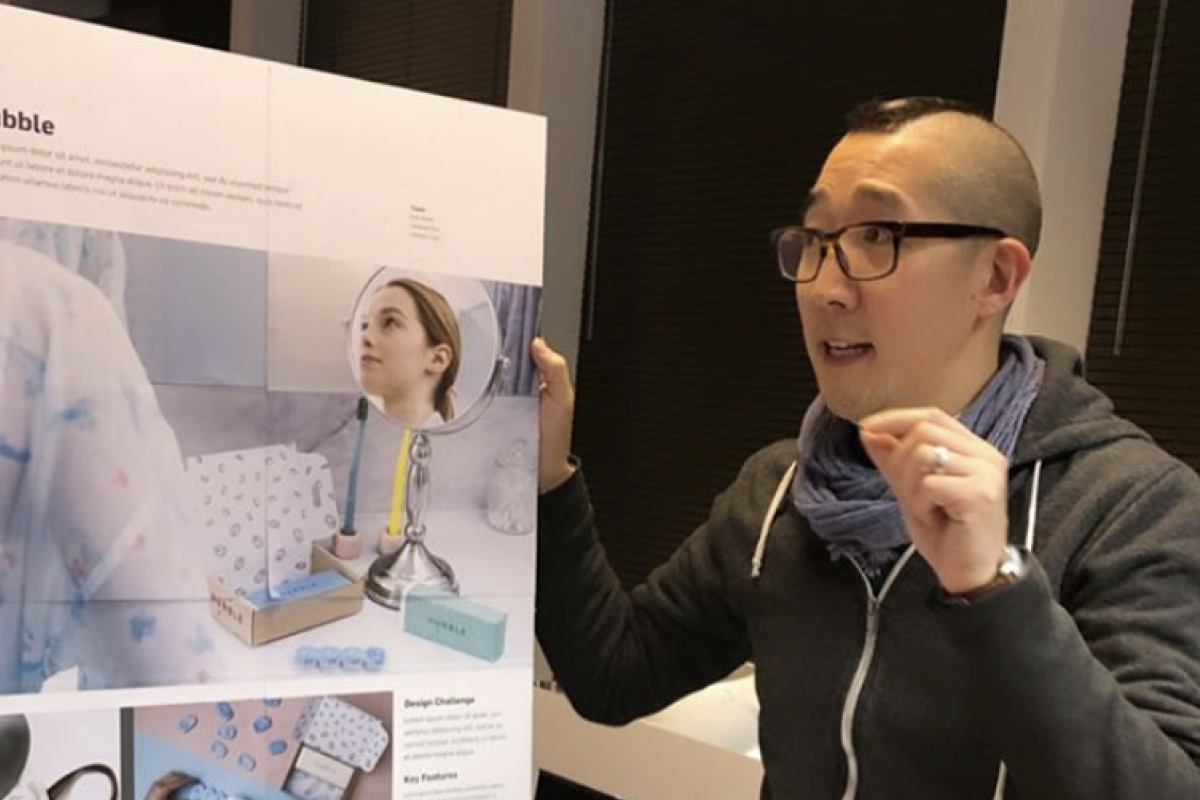
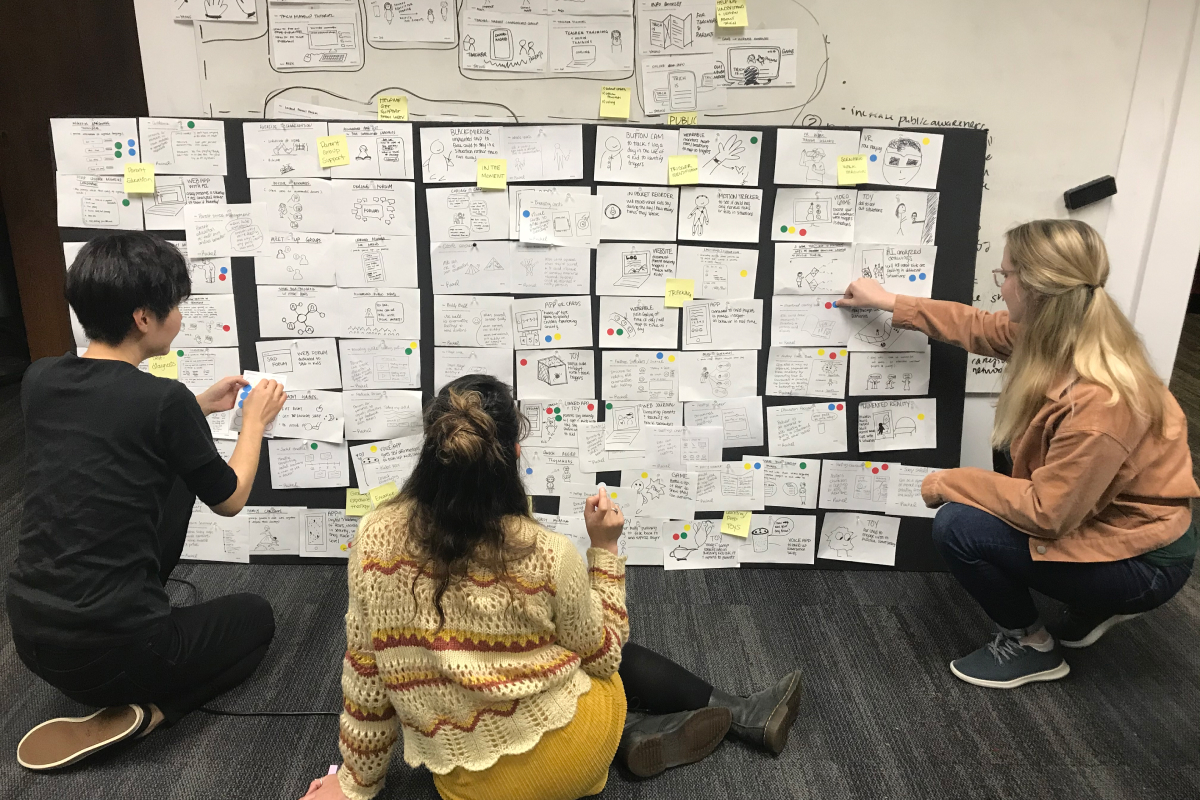
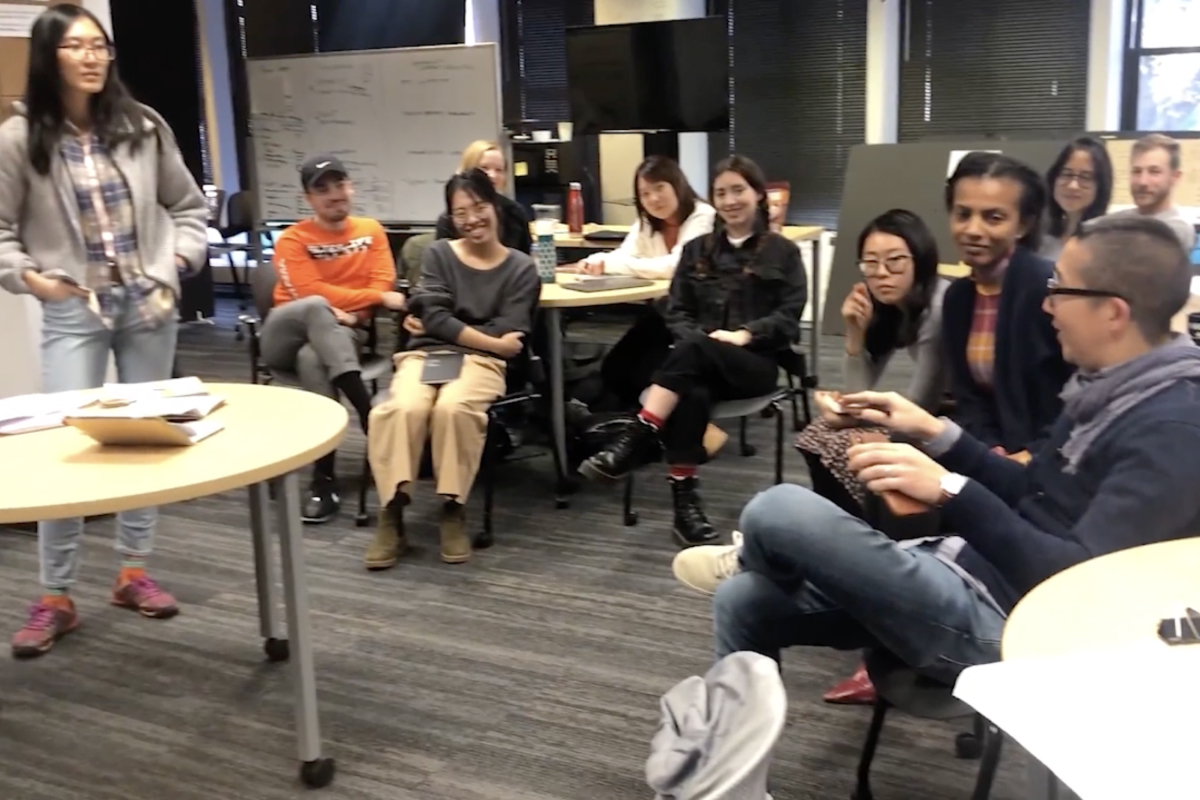
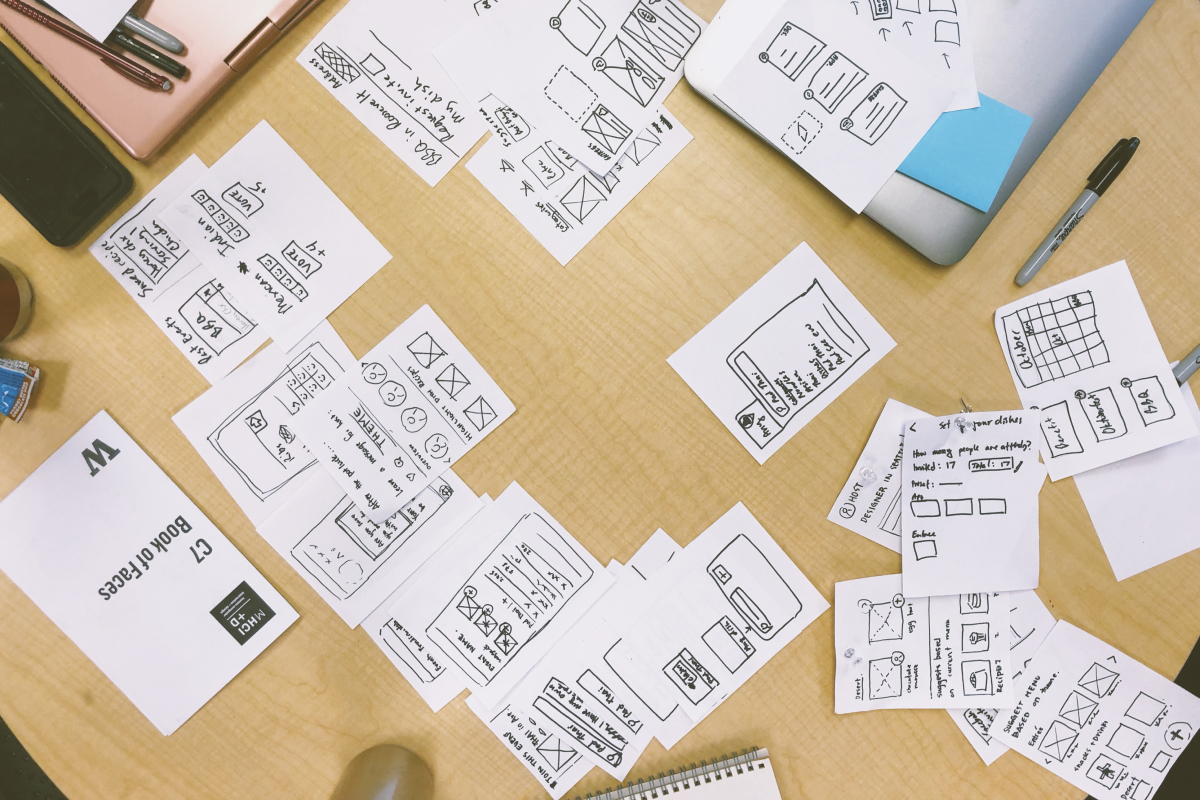
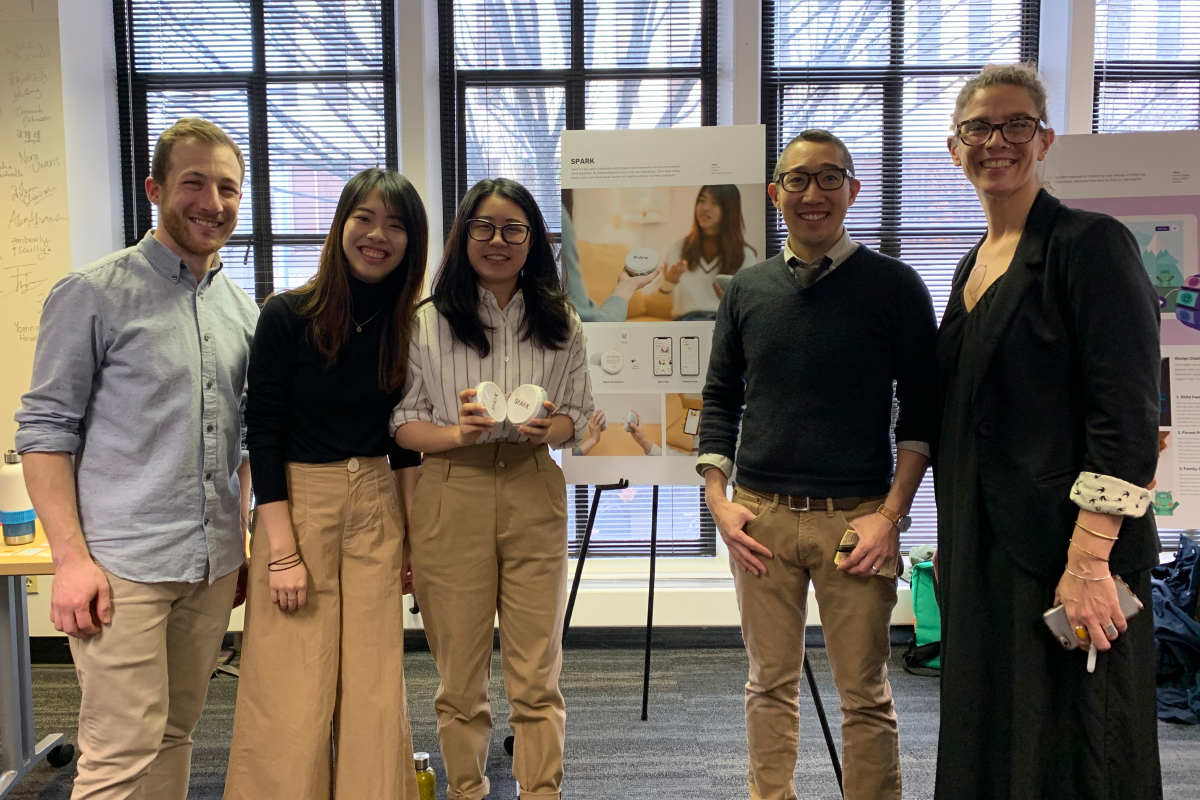

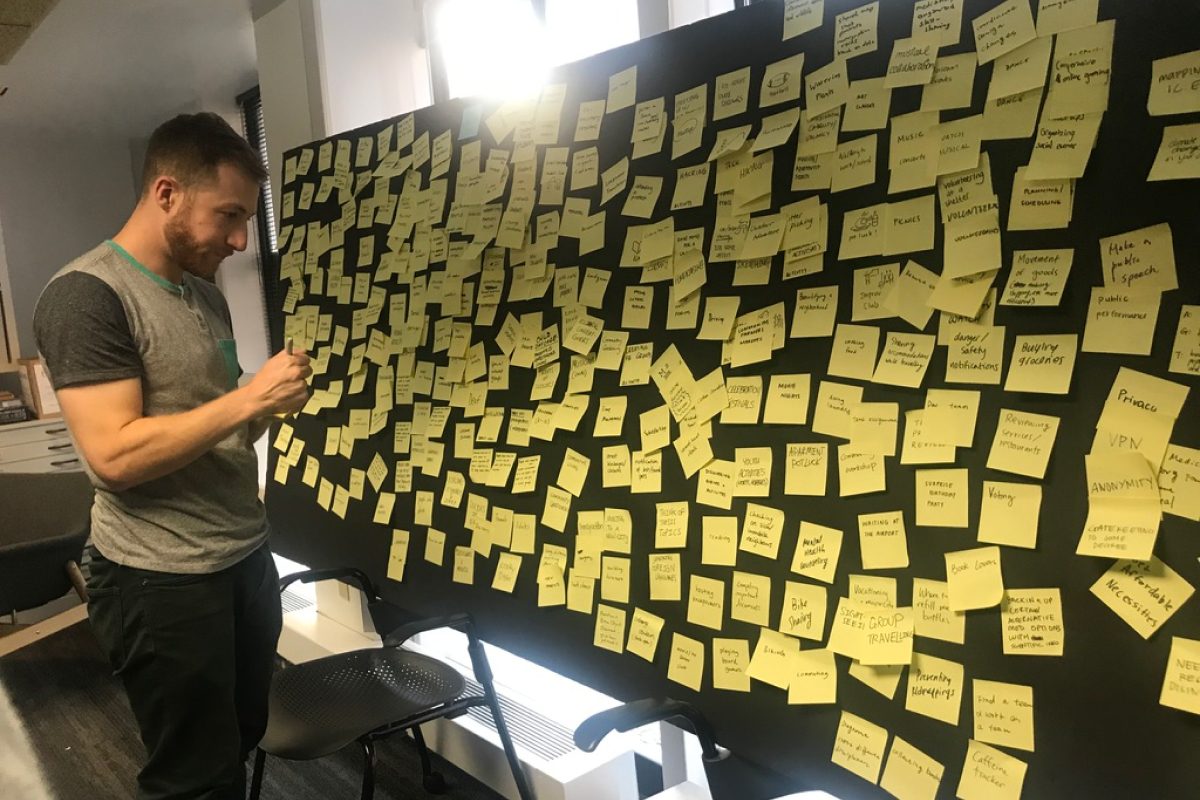
Being and educator has given me a deeper and more thoughtful understanding of the design methods, approaches / processes, and the role of design.
Short list of the research and design methods I teach to students:
Here are some descriptions of the academic courses that I have taught:

School: University of Washington
Program: Master of Human Computer + Design (MHCI+D)
Students: Graduate Level Masters Students
Ideation Studio ‖ HCID 511
Introduces students to ideation: the systematic process of generating design ideas, developing idea variations and identifying ideas that open promising design directions, with hands-on exercises that give students the skills to participate in and lead ideation processes on their own.
Interfaces Lab ‖ HCID 512
Students develop skills necessary to create interfaces that align with visual interface design standards and functional requirements of screen-based interactions. Provides an interdisciplinary approach to interface design and development. Emphasizes applying knowledge and best practices in interface design, improving visual fidelity, and connecting interface design outputs to other parts of the software engineering process.
Research/Evaluation Studio ‖ HCID 531
Teaches concepts related to conducting user research and usability evaluations. Introduces students to the methods and hands-on exercises that will enable them to determine user needs and usability and acceptability of interactive system designs.
Capstone Studio ‖ HCID 541
Students conduct initial research on topic themes, learn to form effective project teams, and identify appropriate industry sponsors, delivering formal project proposals, including a final capstone project defense and industry presentations.
DUB Seminar ‖ HCID 590
A seminar course that covers the latest research in human-computer interaction and design through talks by both UW and outside researchers. Includes facilitated discussions amongst students and industry partners.

School: University of Washington
Program: School of Art, Art History + Design (SOA+AH+D)
Students: Undergraduate Level Students
Interface Design I ‖ DES 371
Introduces students to the fundamental building blocks of interface design including mental models, dynamic information displays, affordances, feedback, user flows, control systems, and interactive narratives. Students use these principles to design visual interfaces and prototypes that are both inventive and functional.
Alternative Approaches to Art and Design ‖ ART 131
Presentation of process through which artists discover and translate ideas, feelings, and concerns into images or objects. Use of a wide variety of methods and approaches, from traditional to technological, to promote visual expression. Discussion and critiques leading toward better understanding the creative process.
Interface Design II ‖ DES 372
Introduces students to advanced topics in interface design, including complex information architectures, dynamic information design, multimodal interaction, cross-platform interface design, and tangible interface design. Takes on a hand-on approach to designing, prototyping, and evaluating interfaces across a range of devices and applications, including news services, lifestyle applications, medical devices, and games.
Foundations of Interaction Design ‖ DES 383
Focus on human-to-product interaction and ways we perceive, understand, and experience the world in regard to objects, environments, or on-screen controls/information.

School: University of Washington
Program: Allen School of Computer Science and Engineering
Students: Senior Undergraduate Level Students
Intro to HCI ‖ CSE 440
Introduces Human-Computer Interaction (HCI) theory and techniques to undergraduate Computer Science and Engineering students. Methods for conducting generative UX research, designing, prototyping, and evaluating user interfaces to computing applications. Human capabilities, interface technology, interface design methods, and interface evaluation tools and techniques.

School: University of Washington
Program: Information School (iSchool)
Students: Undergraduate Level Students
Design Methods ‖ INFO 360
Introduces design paradigms and methods for envisioning information systems that meet the needs of people, organizations, and society. Topics include design thinking, creativity, and the sketching, prototyping, evaluating, and specifying of information experiences. Engages questions of design justice, examining who is and is not served by design.
Interested in learning more about me? Reach out!